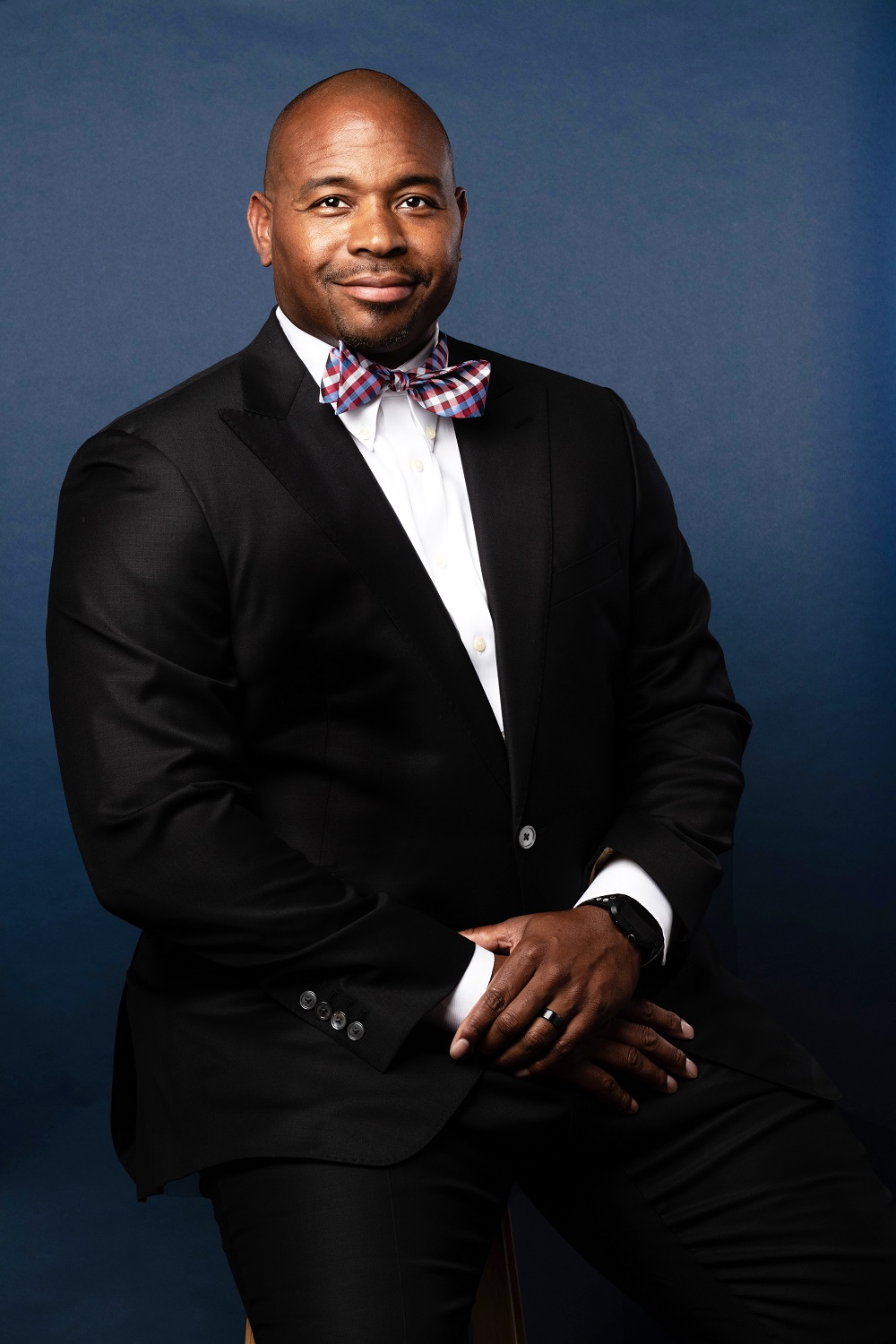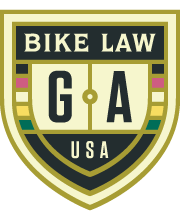Slip and Falls 101 – The Good, the Bad and the Important Facts You Should Know – PART 1
A simple trip to the store can turn into a life-changing event forcing you down a long and often confusing journey back to full health and restitution. Join us for a five-part series on slip and fall cases by personal injury attorney Kendrick K. McWilliams, Sr.
Part 1: Anatomy of a Slip and Fall Case and Why Early Resolution May be Key
Part 2: Is It True That All Slip and Fall Cases Settle?
Part 3: Calculating Slip and Fall “Damages”
Part 4: Do You Really Need an Attorney for Your Slip and Fall Case?
Part 5: Meet B & M – Why Their Stories Matter to Me

| Kendrick K. McWilliams Sr. joined Hagen Rosskopf in 2014 after spending 11 years defending insurance companies and their insureds against personal injury claims and lawsuits. Today he is a strong advocate for those injured by the negligence of others and has become a favorite among our clients. When he isn’t at the office in Decatur, he’s participating in CrossFit and coaching football and basketball in Johns Creek and running around with his 3 kids. |
PART 1:
Anatomy of a Slip and Fall Case and Why Early Resolution May Be Key
A slip and fall injury, also known as a trip and fall, is a premises liability claim, a type of personal injury claim or case based on a person slipping (or tripping) on the premises of another and, as a result, suffering injury. A person who is injured by falling may be entitled to monetary compensation for the injury from the owner or person in possession of the premises where the injury occurred.
Some injuries we have seen in these cases are fall related injuries to the arms, legs, hips, head and whiplash injuries involving the neck. There can also be ankle and knee injuries from slip and trip hazards as well.
Liability for slip or trip and fall injuries may arise based upon a defendant’s ownership of the premises where the injury occurred, their control of the premises, or both. For example, a store may be liable for a slip-and-fall injury that occurs inside of its premises, even though it rents those premises, because it has exclusive control of the interior of the rented property. Which is the case with most grocery stores or other retail outlets. The owner of the premises (the store’s landlord) may have sole or shared liability for an injury that occurs outside of the store’s exclusive premises, such as the injury from a fall on the sidewalk or in the parking lot of a shopping mall.
Determining which party is liable can be the tricky part of these cases and this why you want to seek a lawyer for help. Many times, in commercial businesses, it is not as obvious who is legally responsible. Sometimes the landlord could be responsible for something related to the premises that causes an injury, or there could be a 3rd party that performed a service on the premises that created a hazard. There are so many complicated business relationships that could assign negligence to another entity, and a good lawyer can help you determine the responsible parties and aid in getting the case resolved quickly.
If you’re thinking about pursuing a slip and fall injury claim after an accident on someone else’s property, you’re probably wondering how much you can expect to receive if your case settles (or in the rare event that it goes to trial). Of course, every case is different, but there are some important factors that come into play when placing a value on a personal injury case. Let’s look at these in the context of a slip and fall.
First it is important to distinguish a personal injury lawsuit from a slip and fall injury (claim). A personal injury lawsuit is usually only filed when the two parties can’t reach an initial settlement. The injured party might be demanding too much money, or the property owner (usually through an insurance company) doesn’t come to the table with a reasonable settlement offer. But both sides will consider the cost of taking a personal injury case to court, while also being mindful that the court process is risky for both sides. That’s because in the rare event that the lawsuit makes it all the way to trial, one side wins, the other loses, and it’s not easy to predict what a jury might do.
Most slip and fall cases turn into personal injury lawsuits, but if handled properly, most slip and fall cases have a likelihood of settlement at some point during the life of the lawsuit.
Why is early resolution important?
Early resolution is important because, in most cases, the law favors the landowner in the State of Georgia. Cases in litigation that are questionable on liability, will ultimately see the Defendant file what is known as a Motion for Summary Judgment. Summary judgment is a judgment entered by a court for one party and against another party summarily, i.e., without a full trial. The Defendant will file a motion with the court attempting to avoid the time and expense of a trial when, in their view, the outcome is obvious, based on the law developed and the facts of the case. Typically, the motion will demonstrate all the evidence likely to be put forward and argue to the court that no reasonable factfinder jury could disagree with the Defendant’s view that they don’t have any liability, therefore, summary judgment is appropriate. These motions are filed towards the end of the discovery period and if the motion is granted the case will be over. Much like the uncertainty of a jury trial, this process can be uncertain, which is why it is important to take advantage of every opportunity to amicably resolve your case before the lawsuit is necessary.
Early resolution before a lawsuit can be obtained through a demand letter and a negotiation process or through a pre-litigation mediation. We’ll discuss this further in the next parts of the series.
In plain words…
- People who suffered injuries in a slip and fall/trip have a right to seek compensation for their medical bills and pain and suffering.
- Just because you fell at a Kwik-E-Mart, doesn’t mean it’s Kwik-E-Mart’s fault. An experienced personal injury lawyer can help you determine the parties that are legally responsible.
- When a lawsuit is filed, in the State of Georgia the law often favors the landowner. It is important to get help from an attorney who is knowledgeable in pre-litigation mediations and who can help you resolve your case before a lawsuit has to be filed.
